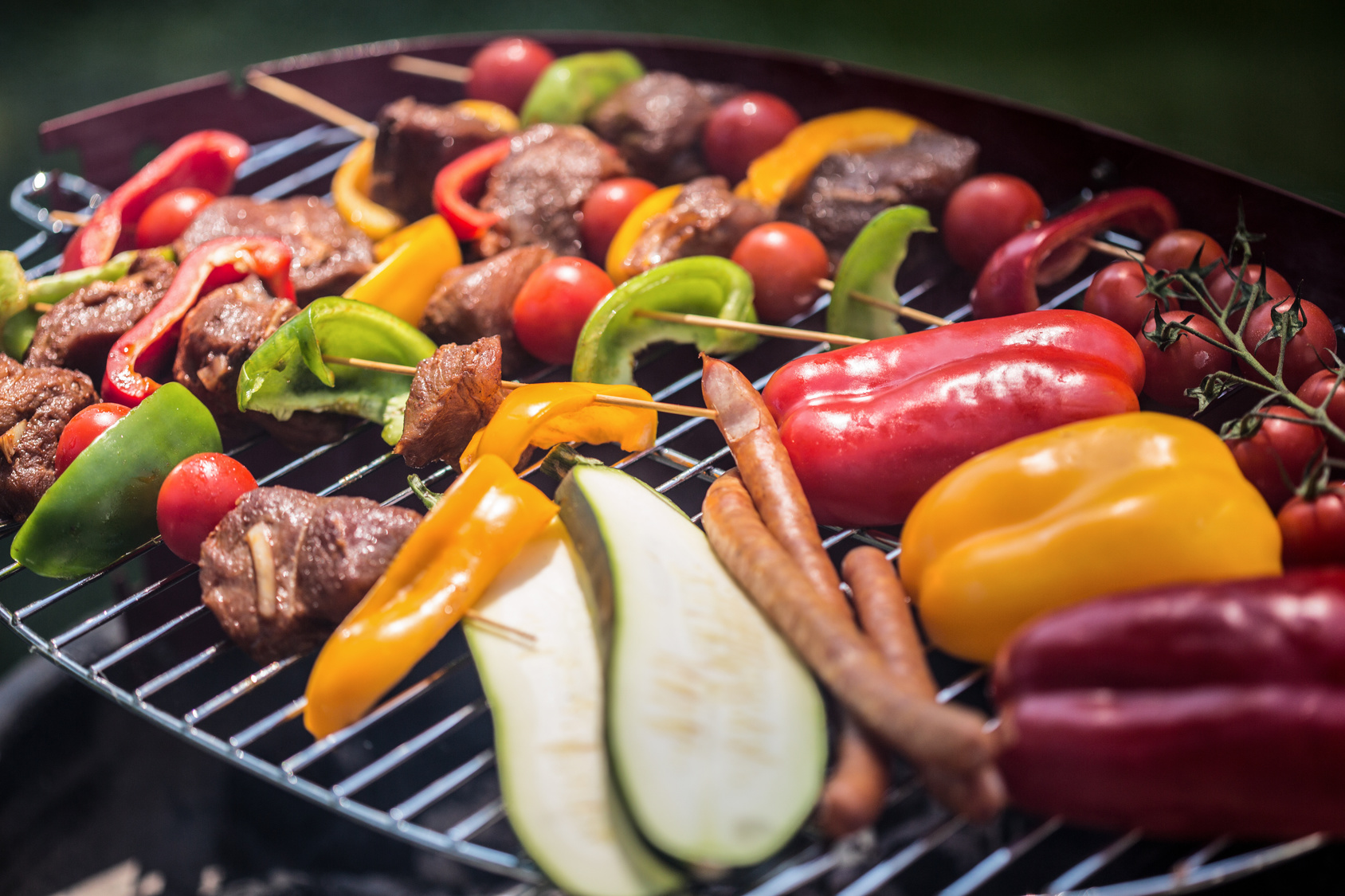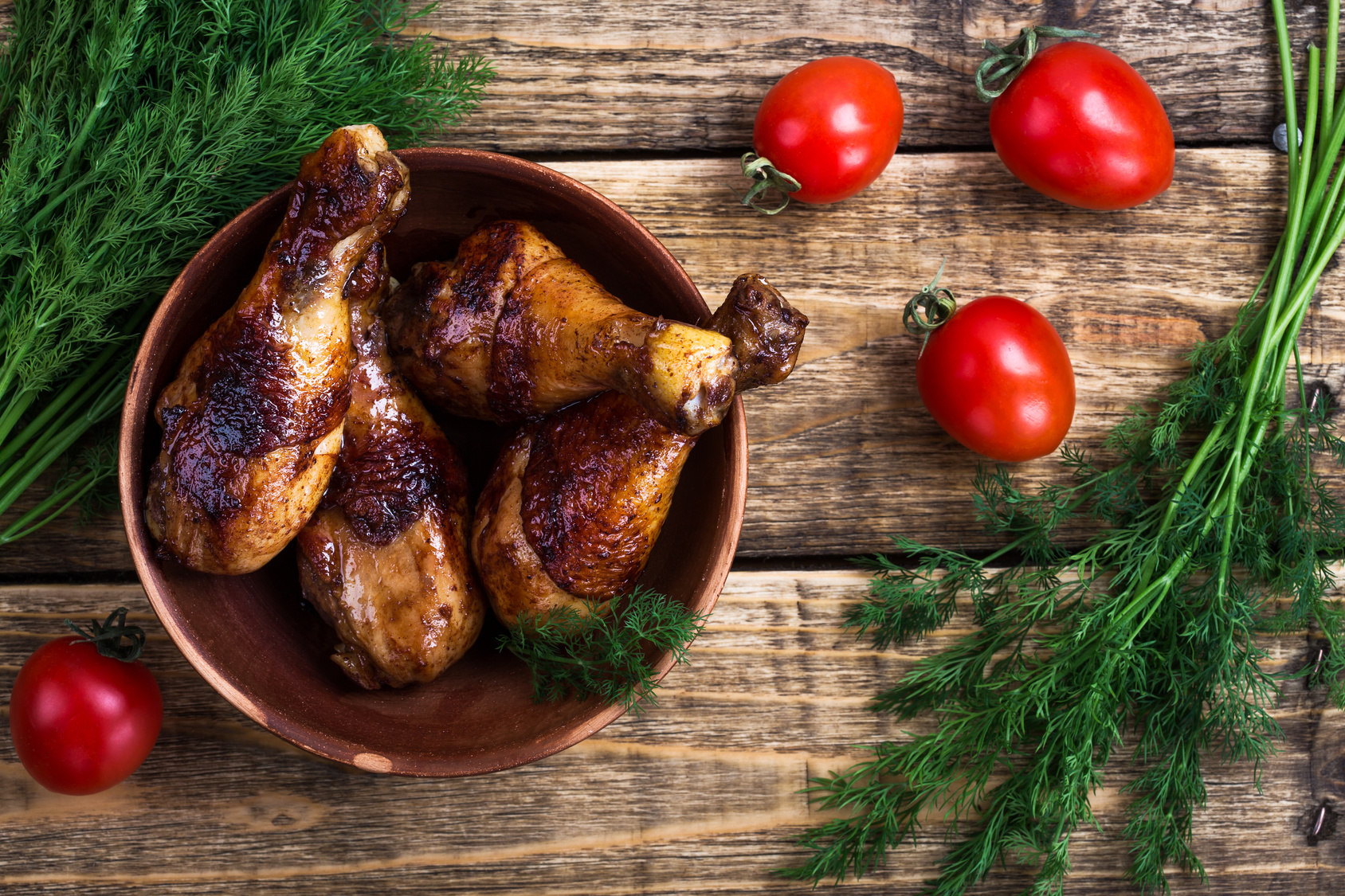 Getting ready to try out your new ceramic BBQ grill in West St. Paul, MN? Here are answers to 4 questions we're frequently asked about cooking with a ceramic grill.
Getting ready to try out your new ceramic BBQ grill in West St. Paul, MN? Here are answers to 4 questions we're frequently asked about cooking with a ceramic grill.
Should the Lid Be up or Down?
Your ceramic grill may seem a little intimidating at first, but once you get a little bit of practice under your belt, you may find that it's actually a lot easier and lower maintenance than a conventional grill. Part of this is due to the design. Ceramic grills require much less tending than conventional grills, as the lids are meant to be kept down for most of the cooking process. You will open the lid to put in food, turn it, and take it out, but the grill will stay at a consistent temperature and do most of the work on its own.
What Kinds of Food Work in a Ceramic Grill?
One of our favorite things about ceramic grills is their versatility. Though ceramic grills are known for their slow cooking and smoking capabilities, they can also do a great job with just about any of your summer favorites, including hamburgers, ribs, steaks, fruits, vegetables, and potatoes.
How Should I Light the Grill?
Though you can use a charcoal chimney to light your grill, your best option is an electric starter. After you light your grill, leave the lid open for a few minutes to make sure that the charcoal continues to burn before putting the cooking grids back in and closing the lid. You should never use lighter fluid and other liquids to light your grill; they can create fumes and bad odors that will permeate the ceramic and the food you cook.
What Safety Measures Do You Recommend?
 As with any grill or other appliance, it's important that you educate yourself on potential hazards and complications before you start cooking. Every model will have its own set of tips and needs, but there are several general rules that we recommend for all ceramic grill users. First, you should never use your grill indoors (including your garage). Ceramic grills generate extremely high temperatures, so you use utensils with long handles and protective mitts when you need to work with the grill during the cooking process. Keep a fire extinguisher or hose close by, and never leave your grill unattended.
As with any grill or other appliance, it's important that you educate yourself on potential hazards and complications before you start cooking. Every model will have its own set of tips and needs, but there are several general rules that we recommend for all ceramic grill users. First, you should never use your grill indoors (including your garage). Ceramic grills generate extremely high temperatures, so you use utensils with long handles and protective mitts when you need to work with the grill during the cooking process. Keep a fire extinguisher or hose close by, and never leave your grill unattended.
Finally, keep an eye out for damages to or other problems with your grill and address issues immediately. An unstable base or a part that is loose or cracked puts you at risk, but a ceramic grill kept in good repair can last you a lifetime!